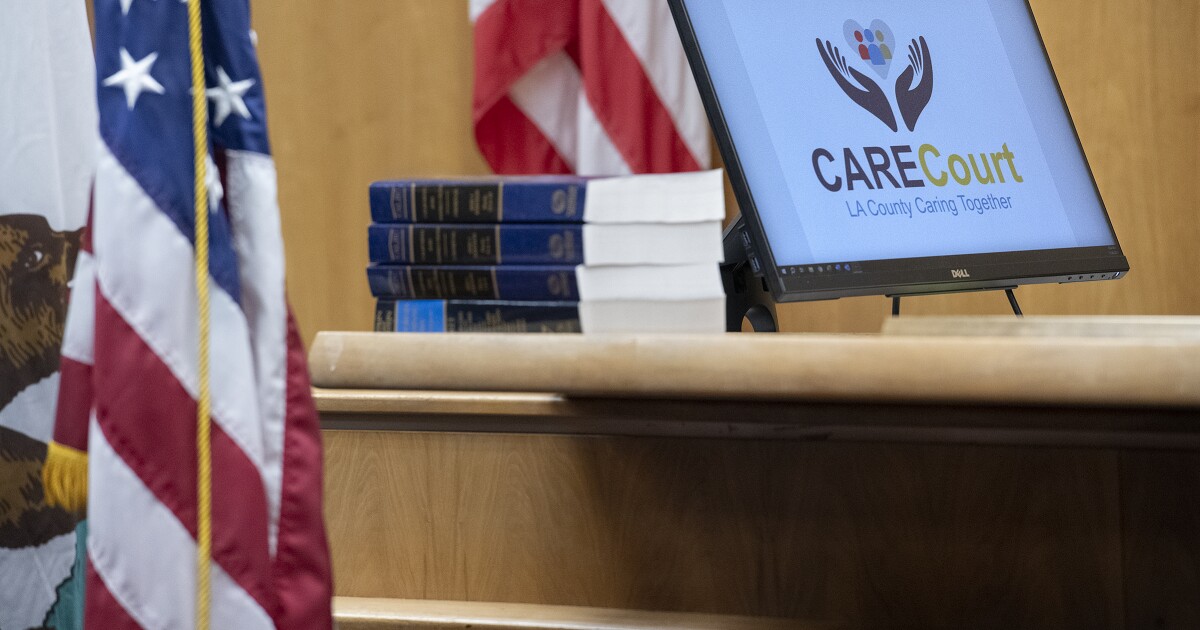

In Los Angeles County, ongoing evaluations of the CARE Court initiative, launched in December 2023, suggest that improvements are necessary to fulfill its mission of providing treatment for individuals suffering from serious mental illnesses, such as schizophrenia. This program was envisioned as a progressive strategy to assist thousands of Californians who remain untreated and often face stigmatization and isolation.
CARE Court allows concerned family members, first responders, and behavioral health professionals to file petitions in court, seeking judicial intervention to establish voluntary care plans for individuals with mental health challenges. Despite these well-meaning intentions, participation in the program has been disappointingly low. Since its inception, only 386 petitions have been filed through February 28, 2025, which is significantly less than initial forecasts indicated. Among these, 305 petitions originated from family members, highlighting a reliance on the close networks of those affected to initiate the treatment process.
In a recent Board of Supervisors meeting, a motion led by Supervisors Janice Hahn and Kathryn Barger was unanimously passed, prompting the Los Angeles County Department of Mental Health (DMH) to deliver recommendations in four months aimed at streamlining referral processes, particularly for frequent 911 callers who meet CARE Court criteria. The ongoing discussions seek to simplify pathways for first responders, such as paramedics, to effectively engage with CARE Court.
Further complicating the landscape, feedback from family members indicates a communication gap post-petition filing, leading to a feeling of exclusion from the process. Traute Winters, Executive Director of NAMI Greater Los Angeles County, stressed the importance of involving families in the ongoing care of their loved ones, as they often possess valuable insights and history that can facilitate effective treatment.
Recent data from the 2024 Point-In-Time count revealed that approximately 24% of unhoused individuals over the age of 18 self-reported experiencing serious mental illness, as per the Los Angeles Homelessness Services Authority. Supervisor Hahn emphasized the critical nature of this opportunity to connect affected individuals with essential care and urged continuous refinement of the program.
Nonetheless, the initiative faces scrutiny from civil liberties advocates, including the ACLU of Southern California. Critics argue that the funding allocated to CARE Court should instead concentrate on community-based mental health services, voicing concerns that the program may infringe upon the autonomy of individuals with mental health disabilities. In 2022, prior to CARE Court’s implementation, a coalition of 40 organizations, including JusticeLA and Disability Rights California, issued a letter of opposition, highlighting fears that the program could undermine the rights of affected individuals.
As Los Angeles County moves forward with the CARE Court initiative, the balance between providing necessary mental health services and respecting the rights of individuals remains a pivotal concern, underscoring the complexities inherent in mental health reform.



